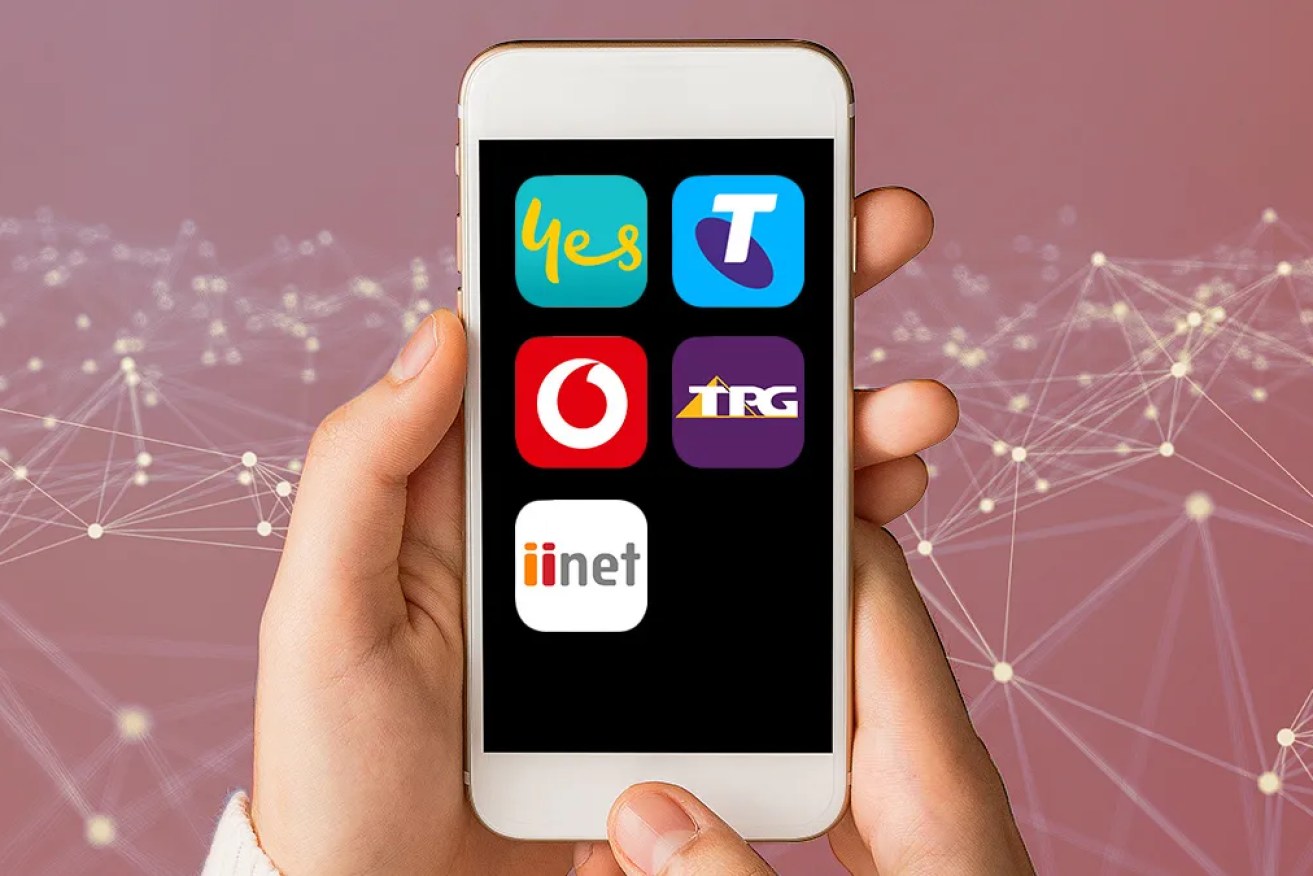How to save money: Mobile data


Australians are paying too much for mobile data they're not using. Photo: TND
Most Australians are paying for mobile data these days, but with some telcos now offering plans with more than half a terabyte (650GB) it can be hard to work out what’s actually good value.
At first, such a large amount of data sounds like a good deal, even at about $70 a month the price is only a few cents per gigabyte – you could stream Netflix or live sports on your phone almost endlessly.
But beware, because as budgeting expert and WhistleOut analyst Joel Gibson explains, telcos are using the plans as marketing ploys to convince Australians to pay for data they don’t need.
Gibson has been diving into the fine print of the plans and doesn’t think they’re worth it for the vast majority of Australians.
He believes most could get the data they need for about $50 less a month.
“It’s a bit of a marketing magic trick where people think they can get pretty much endless data between $55 and $70 a month,” Gibson explained.
“But the reality is you’re never ever going to use half of that data.
“If you watch Boy Swallows Universe in 4K for six hours a day for an entire month you still won’t get through all that data.”
So how much mobile data do you actually need, and how can you avoid paying too much?
Shopping for mobile data
The Australian Competition and Consumer Commission (ACCC) estimates that Australians use about 15.9 gigabytes of mobile data a month on average, while the median allowance for post-paid plans across the market is more than double that at 40 gigabytes per month.
That suggests many people are paying too much for data they’re not actually using regularly, but it can be difficult for consumers to predict how much data they’ll need and when.
- Check how much data you use each month on your phone directly or through your telco’s app and take an average to see what you need
- Find a plan with data banking so you can carry forward unused data from month to month.
For example, if you’re spending time working from home using your wi-fi, you’re likely to be using much less mobile data than you realise.
But if you go on holiday interstate the next month, your data usage could skyrocket drastically.
With that in mind, Gibson said it’s worth looking out for a feature called data banking.
This service – available on about half of plans across the market – allows you to carry over unused data each month, meaning you won’t end up paying for something you lose access to.
There are even deals that will offer you double data for the first three to six months with data banking.
“You’re going to get way more data than you’ll need,” Gibson said.
Additionally, make sure you actually know what your data usage patterns look like before buying a mobile plan – you can access this information either on your mobile phone or through your telco.
Check how much data you use in a typical month, and also compare how your usage changes when you’re working versus being on holidays or at the weekend to get the full picture before buying.
If your typical usage is about 20 gigabytes a month, but this rises to 80 gigabytes when you’re travelling, then a 40 gigabyte a month plan with data banking could deliver you the best value.
Lastly, be sure to check the terms and conditions on your plan.
Some telcos may let you use excess data as a substitute for home internet, but others explicitly prohibit that in their terms.








